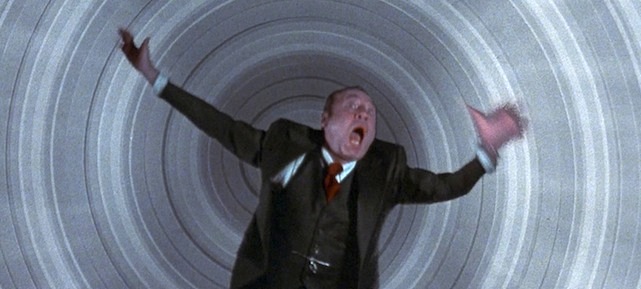
In case you hadn’t noticed, levels of anxiety in America have reached an all-time high – at least according to the findings of a recent UCLA survey of 200,000 college students. Over at Slate, Taylor Clark discusses three of the main factors experts are putting forth to explain the rise in an article entitled “American Anxiety: It’s Not The Job Market,” in which he cites the jaw-dropping statistic that, “the average high school kid today has the same level of anxiety as the average psychiatric patient in the early 1950s.” The first contributing factor Clark mentions is our increased isolation from one another and the resultant lack of community, i.e. a defacto advertisement for church. But the third one – our collective intolerance toward negative feelings – resonates with a Christian understanding of things most. Apparently, the notion that we shouldn’t be anxious is actually creating more anxiety (sound familiar?!). In other words, we would all be a lot less anxious if we were disabused of the notion that we’re in control of everything, especially our emotions, that the cruciform shape many of our lives take is not an accident to be avoided – it might even have something to do with our redemption.
For the experts, [the first] particularly egregious offender is America’s increasing loss of community, what we might call the “Bowling Alone” effect. Human contact and kinship help alleviate anxiety (our evolutionary ancestors, of course, were always safer in numbers), yet as we leave family behind to migrate all over the country, often settling in insular suburbs where our closest pal is our plasma-screen TV, we miss out on this all-important element of in-person connection. As fear researcher Michael Davis of Emory University told me: “If you’ve lost the extended family and lost the sense of community, you’re going to have fewer people you can depend on, and therefore you’ll be more anxious. Other cultures have much more social support and are better off psychologically because of it.”
Continuing with this tech theme, the next culprit the experts mentioned was the torrent of (often nerve-racking) information we now consume. For one thing, the amount of data we take in each day has jumped dramatically—the average Sunday newspaper contains more raw information than people in earlier eras would absorb over the course of a few years—and some neuroscientists believe that our brains simply weren’t designed to handle this kind of volume. But even worse, this avalanche of data is increasingly of the alarmist, fear-igniting variety. If a TV newscast isn’t covering a grisly double homicide, the anchor is teasing a story about the hidden threat in your own home. “The media does this to us,” explained Evelyn Behar, a worry expert who teaches at the University of Illinois-Chicago. “It’s always reporting that this thing causes cancer or that thing can kill you. We live in a culture where fear is used to motivate us.”
And finally, we’re especially vulnerable to this kind of manipulation because of the third factor: our intolerant attitude toward negative feelings. Put simply, Americans have developed habits for dealing with anxiety and stress that actually make them far worse. We vilify our aversive emotions and fight them, rather than letting them run their own course. We avoid situations that make us nervous. We try to bury uncomfortable feelings like anxiety and stress with alcohol or entertainment or shopping sprees. Psychologist Steven Hayes, creator of a highly effective anxiety treatment formula called acceptance and commitment therapy, told me that we’ve fallen victim to “feel-goodism,” the false idea that “bad” feelings ought to be annihilated, controlled, or erased by a pill. This intolerance toward emotional pain puts us at loggerheads with a basic truth about being human: Sometimes we just feel bad, and there’s nothing wrong with that—which is why struggling too hard to control our anxiety and stress only makes things more difficult.
[youtube=http://www.youtube.com/watch?v=44BrEcf9etc&w=600]

COMMENTS
4 responses to “American Anxiety and the Dangers of Feel-Goodism”
Leave a Reply













Wow, what a great article. Thanks for sharing this.
Steph
love this!!